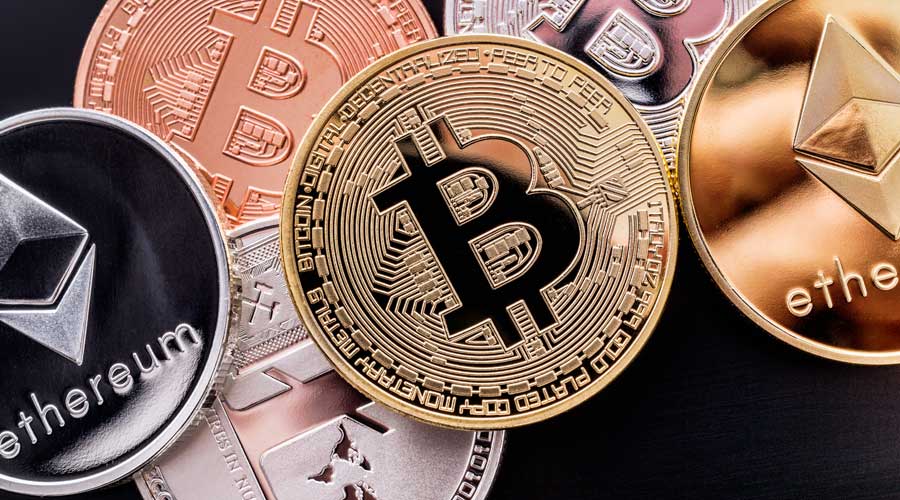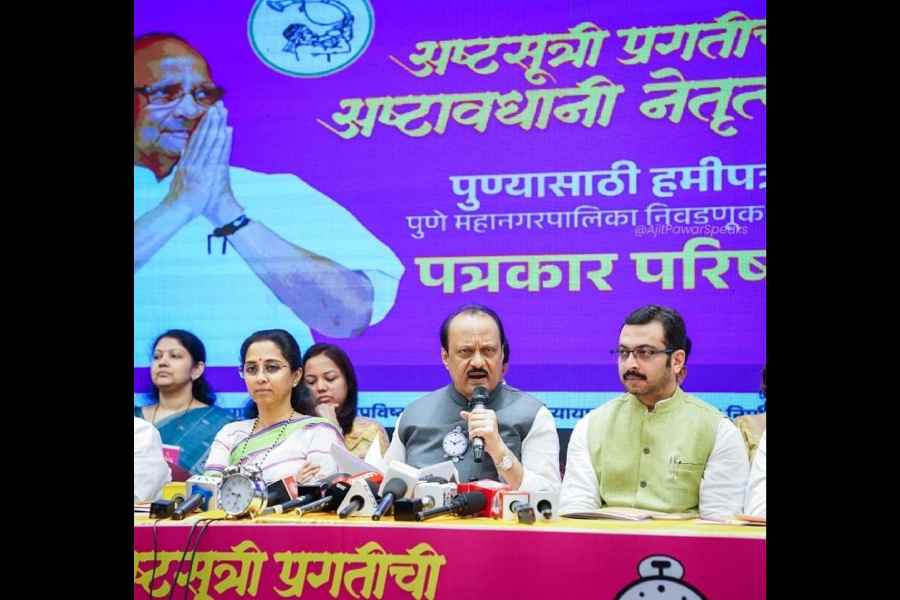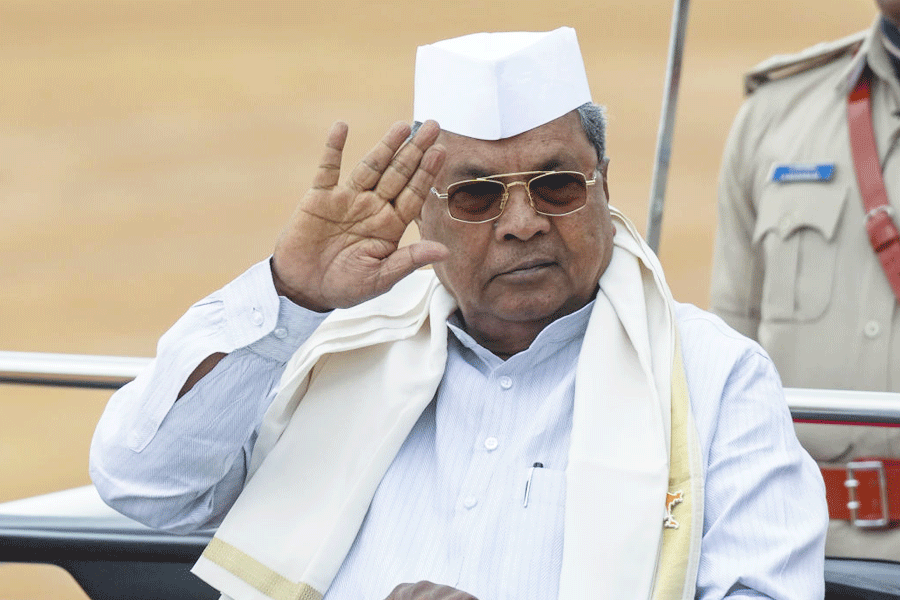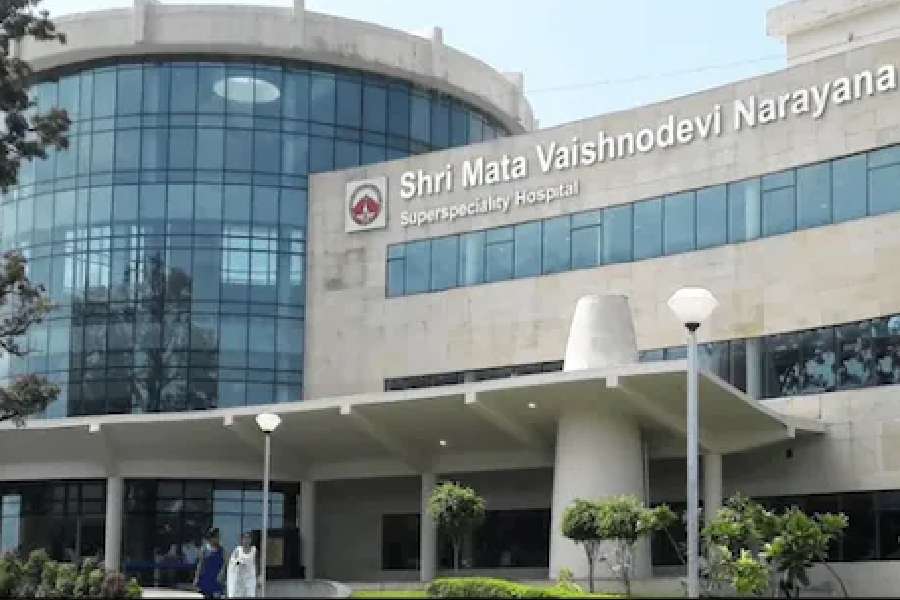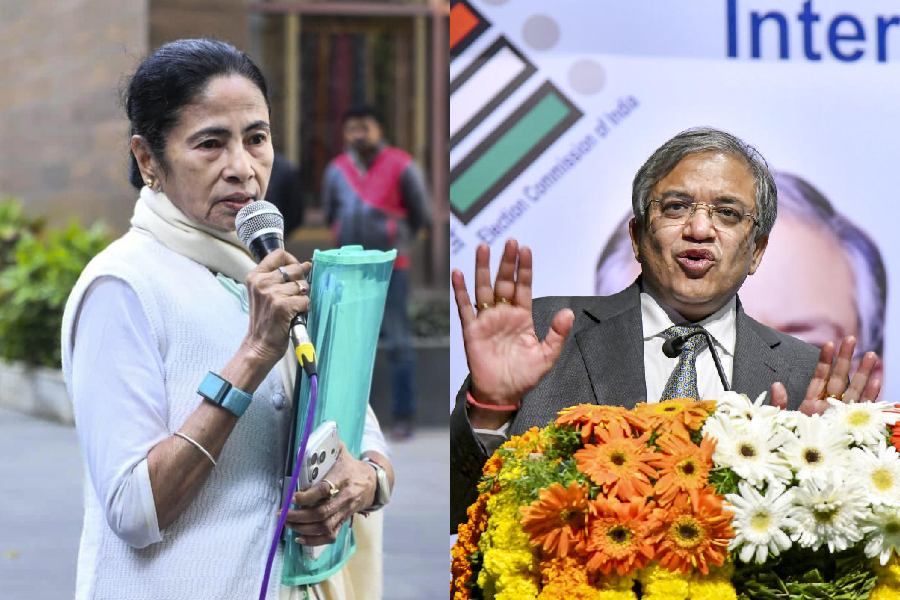‘Crypto-regulation’ is a hotly-debated issue. What are cryptocurrencies? These are privately produced virtual currencies, of which Bitcoin is the most popular. Conceived by Satoshi Nakamoto, it uses blockchain’s decentralized network to enable secure digital transactions. The idea of Bitcoin quickly caught up, giving rise to over 5,000 cryptos.
All cryptos are not alike. Their versatility varies according to their environment. Since cryptos are not a form of fiat currency, they neither derive their value from any underlying asset nor are they guaranteed by the sovereign. They operate tax-free across territories, given the high decentralization and anonymity of blockchains.
Cryptos are mined using a blockchain. It is a form of digital ledger that stores data in the form of blocks, stringed together into a chain. Blocks are created using an intensive computational process called ‘mining’. The blocks are distributed to all participants in the blockchain network. It is also called the internet of value for anything of value, available digitally, and can be stored in blockchains.All cryptos are blockchains but all blockchains are not cryptos.
Even though the Reserve Bank of India has been at odds with cryptos, banks have cashed in on opportunities. Whenever an Indian investor joins the crypto-market, the banks join the party by authorizing the purchase. The RBI has struck a cautionary note on several occasions, describing cryptos as unsustainable and posing a threat to the financial and the monetary stability of the country. The crypto-world is, indeed, plagued with major concerns over valuation and security. Conventional economics bars dealing with the unquantifiable. There is no record of ownership and management of cryptos. The anonymity has enabled its usage in ransomware payments, money-laundering and other crimes. The Karnataka Bitcoin scam is a glaring example of the security loophole where a bug in the data centre aided the hacker in laundering money in Bitcoins to his Bitcoin address. The supply and source of cryptos remain unknown. There is no data on whether cryptos are mined in India or are imported. Information available in the public domain indicates that the sources of the Indian crypto ecosystem are threefold. First is the flash-up supply chain where the coins airdropped by the developer are popularized and traded by the successive stakeholders. Alternatively, cryptos are provided to developers to be sold to other stakeholders who then trade it on Indian exchanges. Second is the arbitrage trader route where cryptos bought from abroad at lower prices are sold in India. Third is the intermediary platform that doesn’t use the banking channels but supplies cryptos from overseas. Here, the intermediary makes a collective purchase of USDT/Tether that is considered relatively stable, via the local exchange, on behalf of others and then moves it abroad to swap for a coin in demand which may not be adequately available in India. While concerns regarding crypto are viable, the majority of the world’s central banks, including the RBI, are mulling over creating official digital currencies termed as ‘Central Bank Digital Currencies’.
Parliament is considering the cryptocurrency and regulation of official digital currency bill, 2021. The Lok Sabha listing describes it as a facilitative framework for the creation of the official digital currency to be issued by the RBI, which had sought to ban all cryptocurrencies. Cabinet discussions, however, indicate that the crypto shall be regulated by the Securities and Exchange Board of India rather than being outrightly banned.
Certain clarifications need to be made to avoid ambiguity. The scope of the underlying technology — blockchain — needs to be outlined. Cryptos that do not record peer-to-peer transactions are private cryptos in the crypto-universe. However, the bill probably contextualizes all cryptos not backed by the sovereign as private cryptos, thereby warranting clarification. One may also note that the Court of Justice of the European Union underscored that virtual currencies skip the VAT tax net. The law would need to address taxation, foreign exchange and disclosure norms.
(Chandan Goswami and Trisha Shreyashi are legal professionals)

